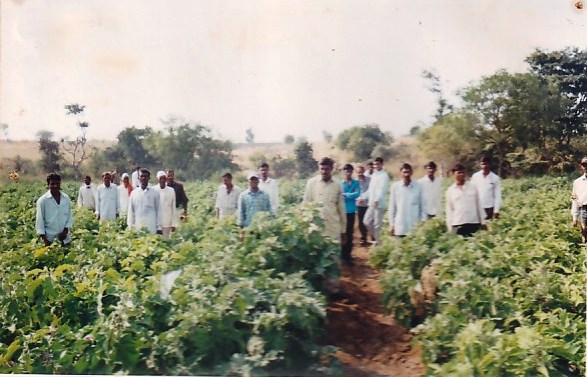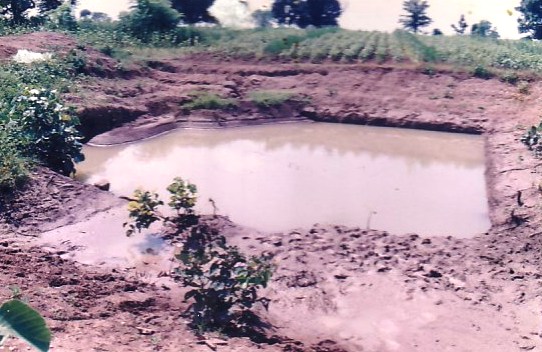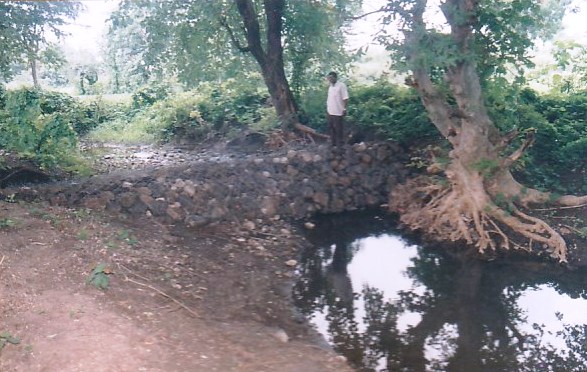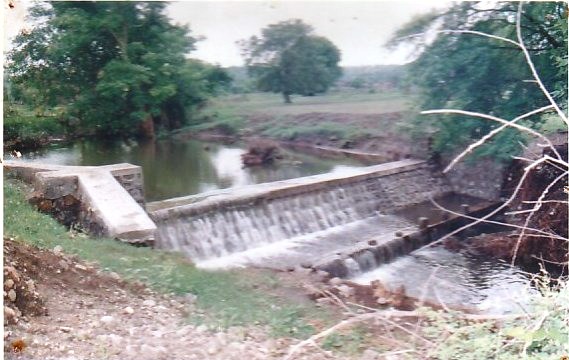+91 7038586052/+91 9422166610
Institute of Social Awareness & Reforms ISAR-Yavatmal is a registered, non-profit, secular, voluntary organization
working in the field of rural development since 1994. ISAR specific objectives to solve the livelihood, health, education,
social and watershed issues, which are greatly interlinked. Its registered office is at Kumbha a village in Maregaon block of
Yavatmal district in Maharashtra. Organisation is working with most ignored, socially and economically
oppressed communities to achieve the sustainable development with a focus on women empowerment. Empowering
community based organizations and work with them for sustainable development especially by managing local resources are
major concerns of the organization.
The Institute of Social Awareness and Reform (ISAR) is a non-governmental organization (NGO) dedicated to addressing social and environmental issues through research, education, and community-driven initiatives. One of the key areas of focus for ISAR is watershed management, which plays a crucial role in ensuring the sustainability of water resources and promoting ecological balance.
Watershed management is the process of integrating various activities and practices aimed at conserving and effectively managing water within a specific geographic area. It involves the protection and restoration of watersheds, including forests, wetlands, rivers, and groundwater systems, to ensure the availability of clean and abundant water for communities and ecosystems.
ISAR recognizes that effective watershed management requires a holistic approach that combines scientific knowledge, community engagement, and policy advocacy. They work closely with local communities, government agencies, and other stakeholders to develop and implement sustainable watershed management strategies.
Research and Assessment: ISAR conducts extensive research and assessment to understand the specific challenges and opportunities related to watershed management in a given area. They analyze the hydrological dynamics, land use patterns, and socio-economic factors affecting the watershed to develop evidence-based strategies.
Community Engagement: ISAR believes in the power of community participation and engagement in watershed management. They organize awareness campaigns, training workshops, and capacity-building programs to educate local communities about the importance of watershed conservation. By involving community members in decision-making processes and encouraging their active participation, ISAR fosters a sense of ownership and empowers them to become stewards of their local water resources.
Ecosystem Restoration: ISAR actively works towards restoring degraded ecosystems within watersheds. This involves activities such as reforestation, wetland rehabilitation, and soil erosion control measures. By restoring natural habitats and implementing sustainable land management practices, ISAR helps improve water quality, prevent floods, and enhance biodiversity within the watershed.
Water Conservation: ISAR promotes water conservation practices at both the community and individual levels. They encourage the adoption of water-efficient technologies, rainwater harvesting systems, and the implementation of sustainable agricultural practices that minimize water consumption. These efforts not only ensure the availability of water for future generations but also help mitigate the impacts of water scarcity in drought-prone regions.
Policy Advocacy: ISAR actively engages with policymakers and government agencies to advocate for the integration of watershed management principles into national and regional policies. They provide expert advice, policy recommendations, and collaborate with stakeholders to develop frameworks that support sustainable water resource management.
Monitoring and Evaluation: ISAR recognizes the importance of monitoring and evaluating the impact of their watershed management initiatives. They establish monitoring systems to assess the effectiveness of implemented strategies, measure changes in key indicators, and make necessary adjustments to ensure continuous improvement and long-term sustainability.
Through their comprehensive approach to watershed management, ISAR aims to create a lasting impact on water resources, ecosystems, and the well-being of communities. By addressing the interconnected social and environmental aspects of watershed management, they contribute to building resilient and sustainable societies.

 - Copy.jpg)
.jpg)




